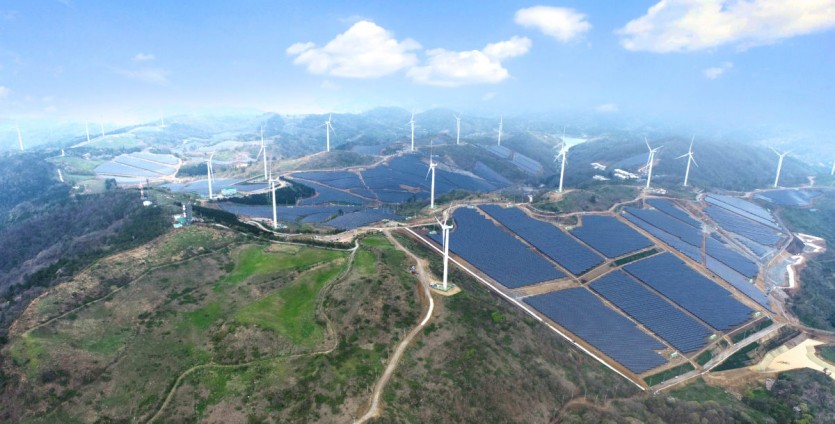Energy Use in Hot Summer
페이지 정보

본문
Hello Everyone!
In recent years, nations has faced more frequent and intense heatwaves, showing clear signs of changing climate patterns. This summer, air conditioning has become more than a comfort—it's a necessity for health and safety, especially for vulnerable groups like the elderly and young children. However, this increased use of air conditioning means higher energy consumption, leading to bigger electricity bills for families and more strain on the national power grid.
The rise in energy use also has environmental consequences, making climate change worse. It's a vicious cycle: climate change leads to hotter temperatures, which increases the need for air conditioning, and this higher energy use then contributes to further climate change.
To better manage air conditioning and energy use during hot summers, there are several practical steps you can take. Set your thermostat to 26-28°C (78-82°F) and use fans to help circulate the cool air. Keep blinds closed during the hottest parts of the day to block out the sun, and make sure windows and doors are properly sealed to keep the cool air inside. Regularly clean and maintain your AC unit to ensure it runs efficiently, and consider using energy-efficient appliances. Additionally, try to limit activities that produce heat, like cooking, during the peak heat times of the day.
Beyond these measures, embracing renewable energy sources can also make a significant difference. Installing solar panels, for example, can help power your home while reducing dependence on fossil fuels. Governments and communities can support these efforts by providing incentives for renewable energy installations and improving infrastructure for energy efficiency.
Public awareness and education about sustainable practices are crucial as well. Encouraging people to adopt habits like carpooling, using public transportation, and supporting eco-friendly businesses can collectively reduce energy consumption and environmental impact. Local governments can play a role by promoting green spaces and urban planning that considers climate resilience, such as planting more trees and creating shaded areas to cool down urban environments naturally.
Ultimately, addressing the challenges of hotter summers and increased air conditioning use requires a combination of individual actions and systemic changes. By working together, we can reduce its energy consumption, lower emissions, and create a more sustainable future, even in the face of rising temperatures.
Photo Credit: pv-magazine.com
- PrevLiving a Sustainable Lifestyle 24.06.30
- NextCoping with the 2024 Summer Heat and Global Warming in South Korea 24.06.23
댓글목록
There are no registered comments.

